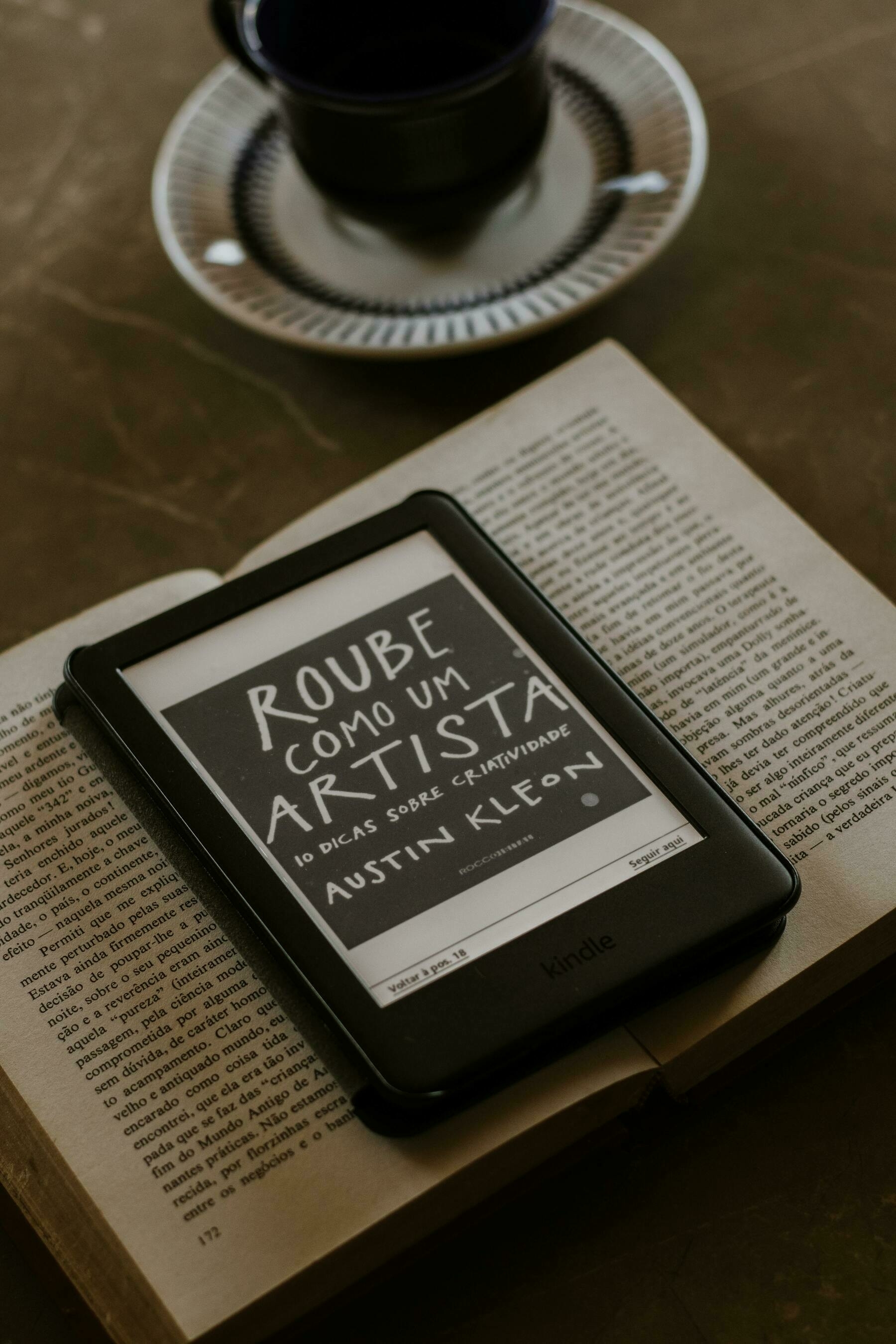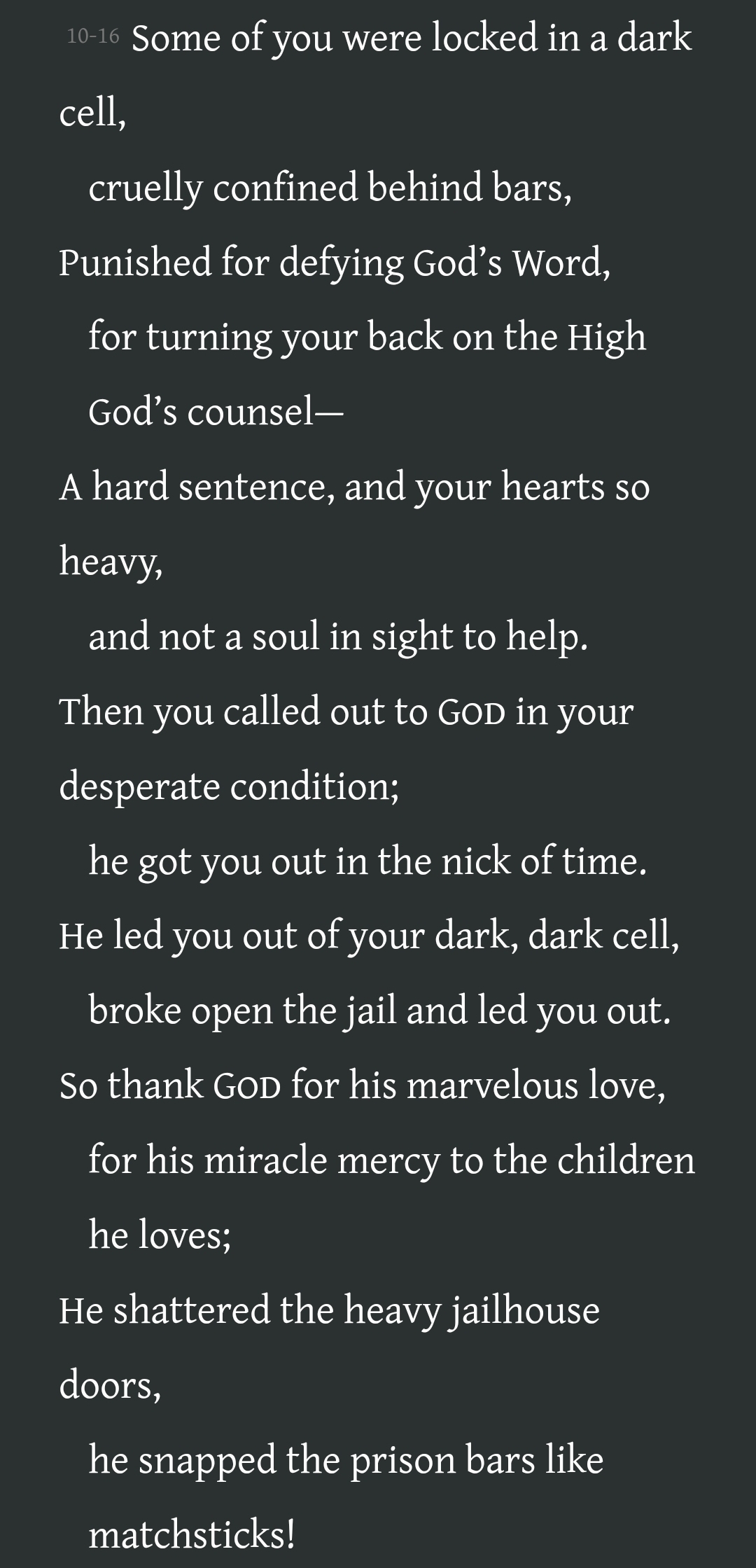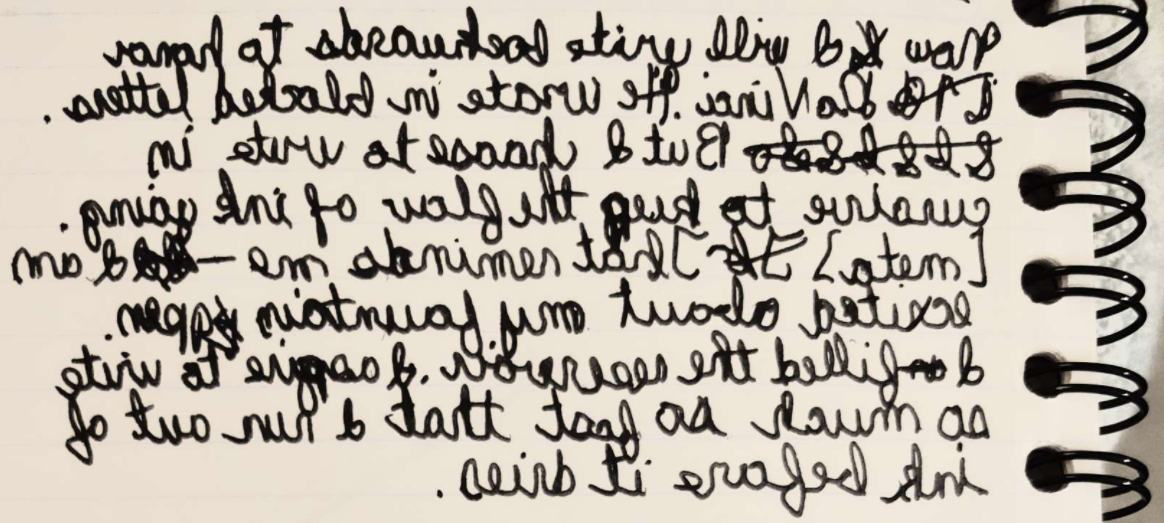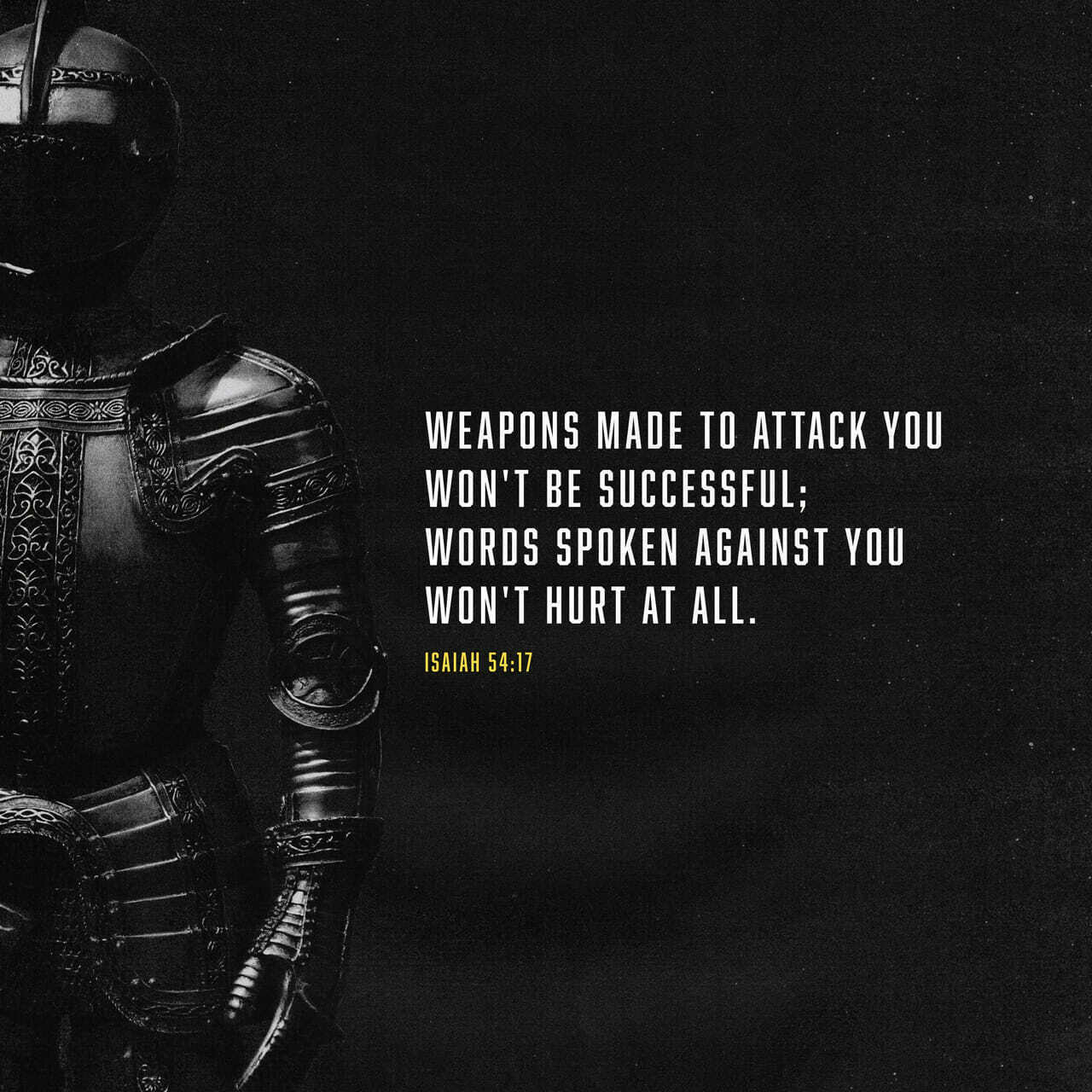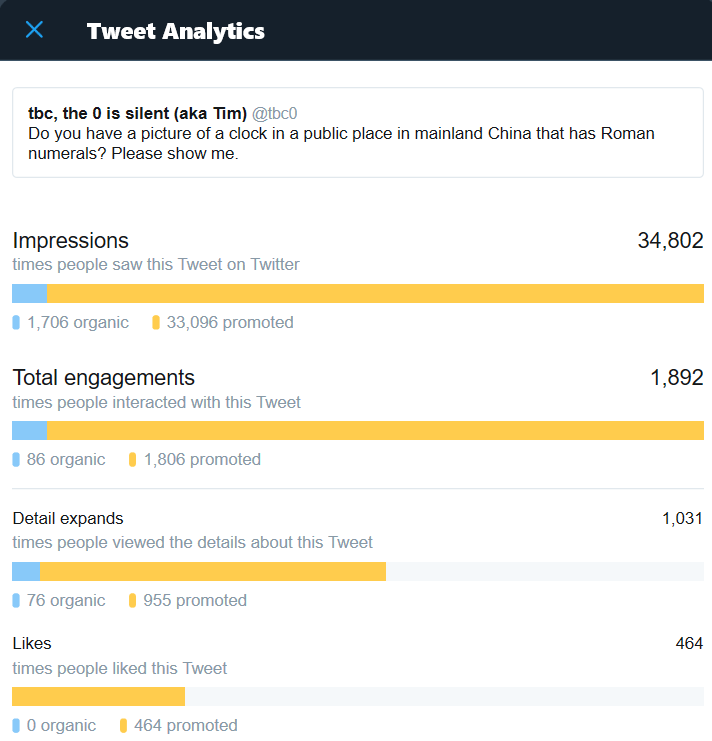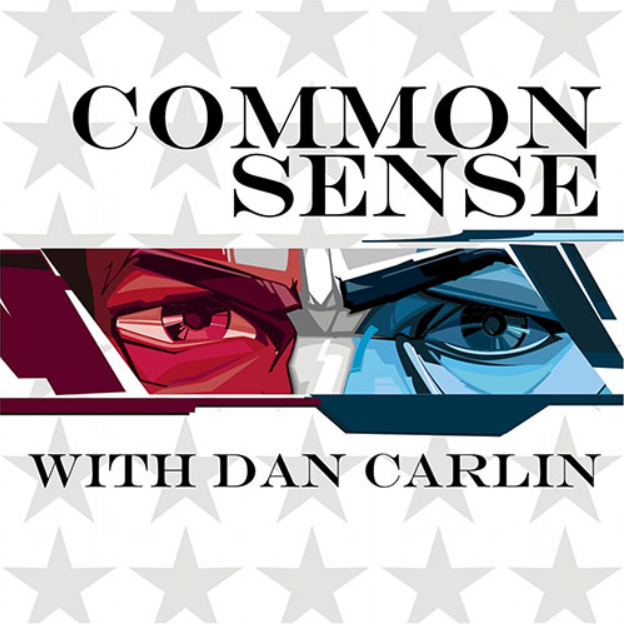I’m sitting at my kitchen table in my southeast-facing nook, enjoying the view of Pikes Peak outside my window [1], writing on my mbike. That’s short for mind-bike, which is short for mind-bicycle, which is short for bicycle for the mind. I’m too lazy to research the quote. Whether or not he said it, and regardless of the context in which it was said, I’ll credit Steve Jobs with coining the description of a personal computer (PC) as a bicycle for the mind. If he said it, he said it in the earliest days of the PC, B.I. (Before the Internet), in the age of the ARPANET, of which I suspect Jobs was relatively ignorant because the ARPANET was not accessible from PCs. He was all about the PC. (Some say he invented it!) Modern mbikes unleash the power of the internet. An mbike is the third of four levels of computing power.
I have written before about the four levels of computing power. (Ducksearch it.) The lowest level is six cubic inches of wireless computing in an LGR, which is short for little glowing rectangle. Everyone else calls an LGR a phone, which is short for smartphone. I used to think I could live with three cubic inches. That was how tiny the first iPhone was. I have never owned an iPhone. Steve Jobs did not invent the smartphone. The Handspring Trēo was my first smartphone—which, remember, is an LGR—in 2003. I upgraded to a Palm Prē in 2009, still about three cubic inches. These days, now that Jobs is dead (it didn’t happen when he was alive because he was fixated on three cubic inches) at the lowest level, I need at least six cubic inches. An LG G7 suffices. It still fits in my pocket.
The highest level is defined simply by a maximum-size display—the largest display an individual can afford. I’m happy to go with the accepted term, big-screen TV, but let’s shorten that to BSTV. I still use a now-obsolete HP SmartTV.
Between LGR and BSTV are two more levels. When I want to read, I switch from my LGR to the second level: a tablet. I have an Amazon Kindle, but that’s an appliance. My iPad has more computing power than my LGR, but less than the third level, my mbike.
An mbike is bigger than a tablet and smaller than a BSTV. All the power of the internet is unleashed in mbikes. LGRs and tablets are not powerful enough to be bicycles for the mind. To be mobile, they make compromises on size, computing power, and electric power consumption. When we talk about the third level of computing power, we are talking about power with no compromises. My mbike is a notebook computer with a reasonably-sized clamshell design for integrated keyboard and display. My work mbike (wmbike for short) is a desktop tower with traditional keyboard, video (I love my 4K display!), and mouse (KVM). All are glowing rectangles: the LGR, the tablet, the mbike, and BSTV. (We spend too much time in front of glowing rectangles, don’t you think?) Anyway, the mbike is special. It is where human creativity is fully unleashed. How creative can you get without a keyboard? [2]
What about servers? you ask. What about them? I answer. Servers are mbikes. And “the cloud” is merely somebody else’s mbike—an mbike that you don’t control. The internet is simply LGRs, tablets, mbikes, and BSTVs talking to somebody else’s mbike and through that mbike to other LGRs, tablets, mbikes, and BSTVs. Soon, neighbors won’t need mbikes to use the internet. When that happens, human freedom and creativity will be expanded in peer-to-peer connections. Peer-to-peer (p2p) is not a very catchy name. It’s all about decentralizing the internet. (Ok, that term isn’t much better.) Decentralization, d14n for short (and decentralizing = d12g and decentralize = d10e and a decentralizer is a d10er), is another way of thinking about p2p. That takes us back to the way the internet used to work. Back when it was more free as in freedom. There are already some p2p services. (We won’t be truly p2p anytime soon, unless we all want to get amateur radio licenses. I’m considering it for myself, thinking of my friends Bdale and Stephen.) I’m rambling too much. That’s enough for today.
I have spoken.
[1] I would love to get to know you, Neighbor, well enough to have you at my home to enjoy my view! Let’s connect! In the accompanying photo, you can see Pikes Peak as viewed from the bridge between America the Beautiful Park and the U.S. Olympic and Paralympic Museum.
[2] Ok, ok, that’s not quite accurate. My tablet (at the second level) is the platform for my recording studio, so I can create raw content for podcasts without an mbike. But I move to my mbike to edit my podcasts. (Audacity rocks!) I’m talking about true human creativity. Creativity that extends beyond the effort that “thinkers” put into Facebook and Nextdoor posts and TikTok videos and tweets. We call it micro-blogging for a reason. Twitter and other micro-blog platforms compromise human creativity. God forbid if politics was ever exclusively energized by micro-blog-sized thoughts. Can you imagine the Federalist Papers as tweets? That’s a Bad Idea.
Edited to fix typos and add tbc tags; original word count was 878, character count was 5019.
This post is tbci0828a; tbch0429a is a tag (Ducksearch it)

